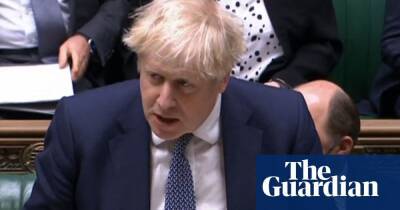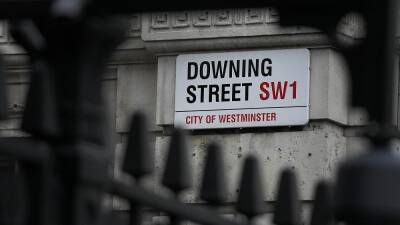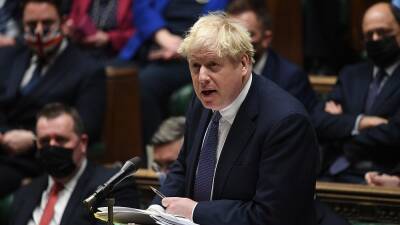Why the City is unfazed by Boris Johnson’s partygate woes for now
Downing Street’s parties during lockdown have galvanised Westminster and incensed voters, leaving Boris Johnson fighting for his political life. But amid tumbling Conservative opinion poll ratings, a MP defecting to Labour and the daily drip-feed of further revelations, one interest group has been unmoved: the financial markets.
The City’s main share yardstick, the FTSE 100 index – has risen by 400 points in the past month as the prime minister’s partygate woes have worsened. Over the same period, the pound has risen by two cents against the dollar and is trading at its highest level against the euro since early 2020.
Markets have a long list of things that worry them. They are anxious about a Russian invasion of Ukraine. They are worried about the possibility of oil supplies from the Middle East being disrupted. But as far as the UK is concerned, they are more interested in the Bank of England’s response to rising inflation than whether Johnson will be replaced by Rishi Sunak, Liz Truss or a Tory dark horse candidate.
Paul Donovan, chief economist at UBS Global Wealth Management, summed up the prevailing mood in the City: “Markets are unlikely to care if the prime minister resigns, as it would not be expected to signal a significant change in policy.”
Nor are markets factoring in the possibility that Sir Keir Starmer may be on course to be prime minister after the next election. Labour has a 10-point lead in the opinion polls, its biggest since 2013, when Ed Miliband was leader, but the current thinking in the City is that the Conservatives are merely suffering a bad case of midterm blues and have plenty of time to recover under a new leader and see off the challenge from Starmer.
That said, assuming Johnson quits or is
Read more on theguardian.com




















